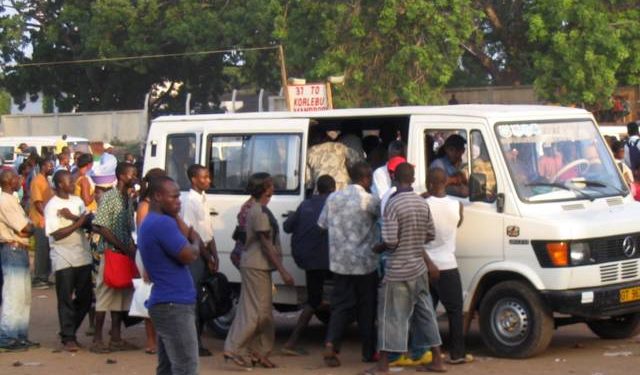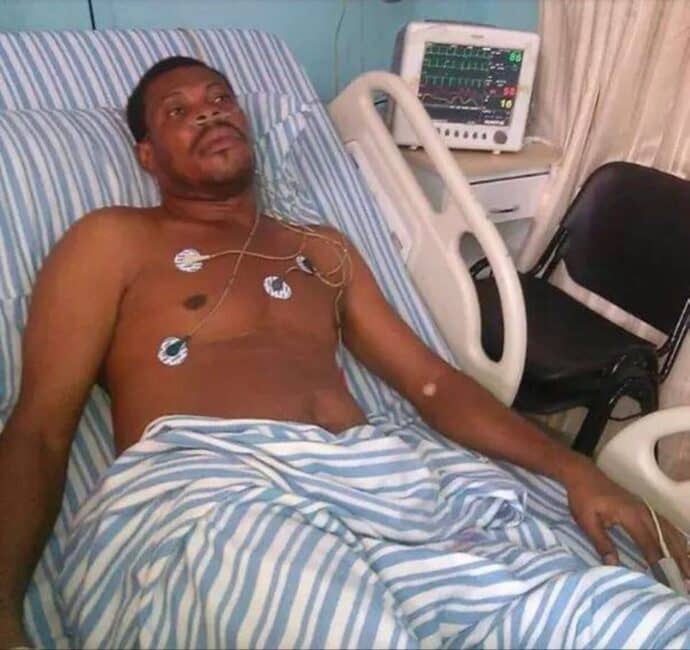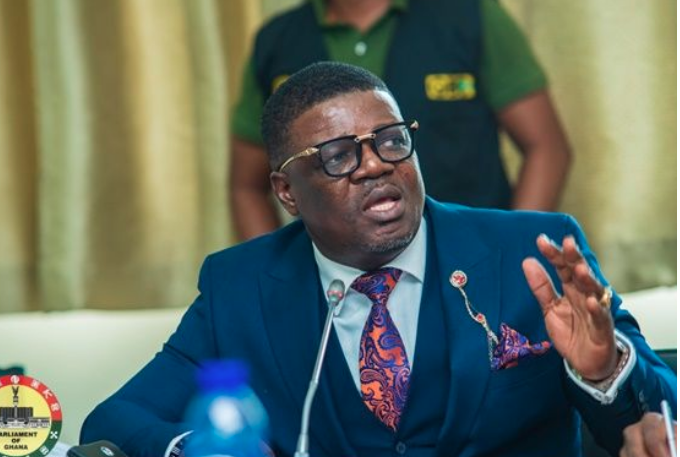The Concerned Drivers Association of Ghana has announced a 15 percent increase in transport fares, effective Monday, July 22, 2024.
This decision is primarily attributed to the soaring cost of fuel, with some oil marketing companies now selling fuel at prices exceeding GH₵15 per liter.
Additionally, the rising prices of essential items such as spare parts, which are vital for the transport industry, have further driven this fare hike.
Speaking on Hot 93.9 FM’s “Taken Over News,” Yaw Barimah of the True Drivers Union, a member of the Concerned Drivers Association of Ghana, explained the rationale behind the fare increase.
“When we increased transport fares in April 2024, fuel was GH₵12.68 per liter. Now, it’s GH₵15.10 per liter,” he stated.
Barimah criticized the government for failing to manage fuel prices effectively, accusing them of dishonesty and neglecting the welfare of Ghanaians.
Despite the Ministry of Transport not endorsing previous decisions, Barimah expressed confidence that Ghanaians would understand and accept the new fares.
He recalled how the ministry previously directed the police to arrest drivers during the last fare hike in April.
“We remember the ministry’s actions during the last fare increment, but the financial pressures we face leave us no choice,” he emphasized.
In his concluding remarks, Yaw Barimah condemned the current administration for its poor governance and lack of transparency. He contrasted the current situation with past governance, which resulted in more stable transport costs.
“Previous governance was better; that’s why there wasn’t much increase in the past. Now, government-related activities like NAPO to Manhyia and the cedi-dollar depreciation keep leading to price hikes without any proper explanation,” he remarked.
Commenting on recent predictions by some institutes, he added, “When did COPEC and the Institute for Energy Security (IES) start speaking on behalf of the Ghanaian government?”
This sentiment resonates with the widespread frustration among drivers and the general public over the economic policies affecting daily life in Ghana.







